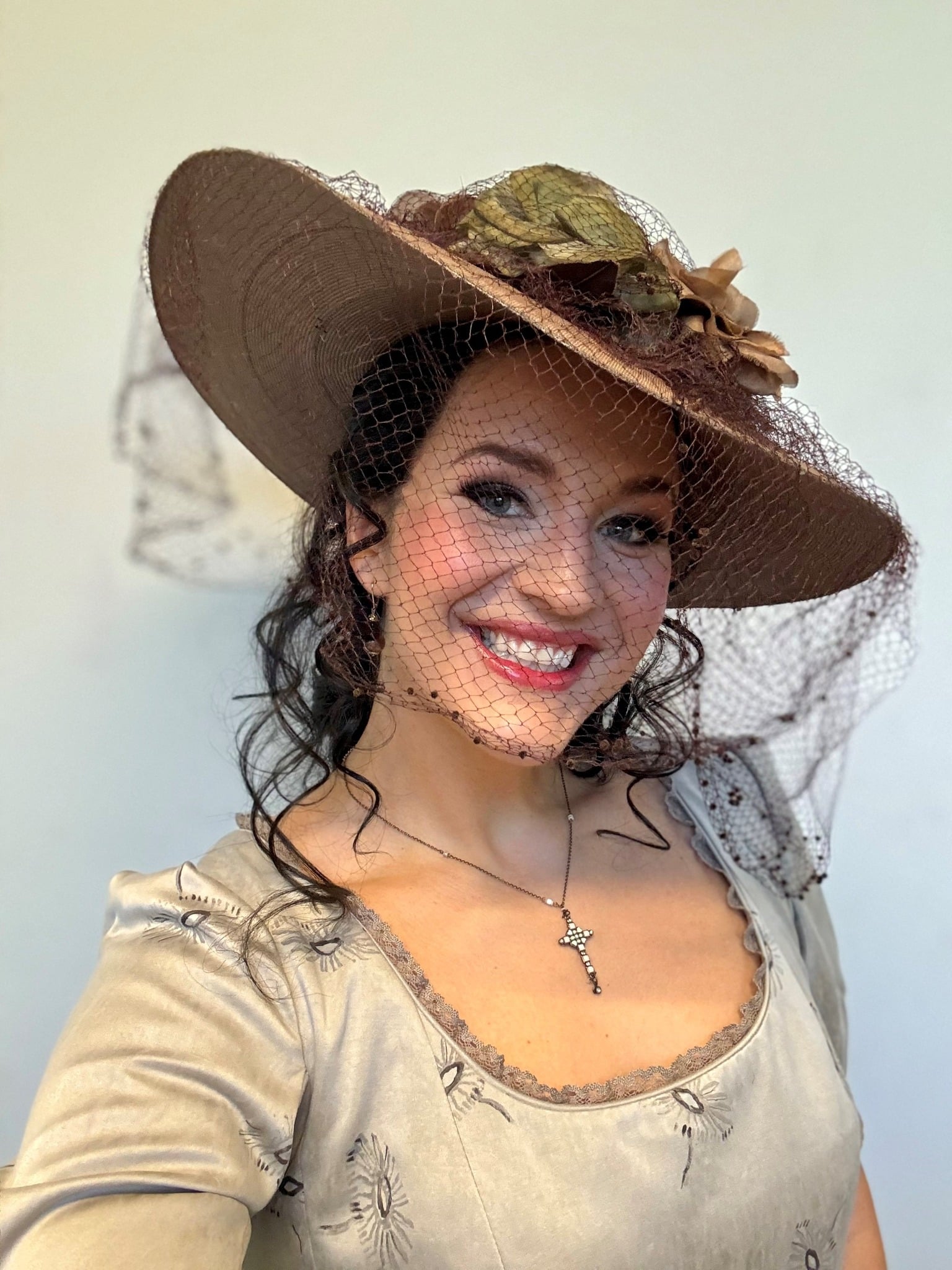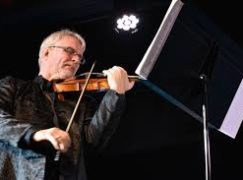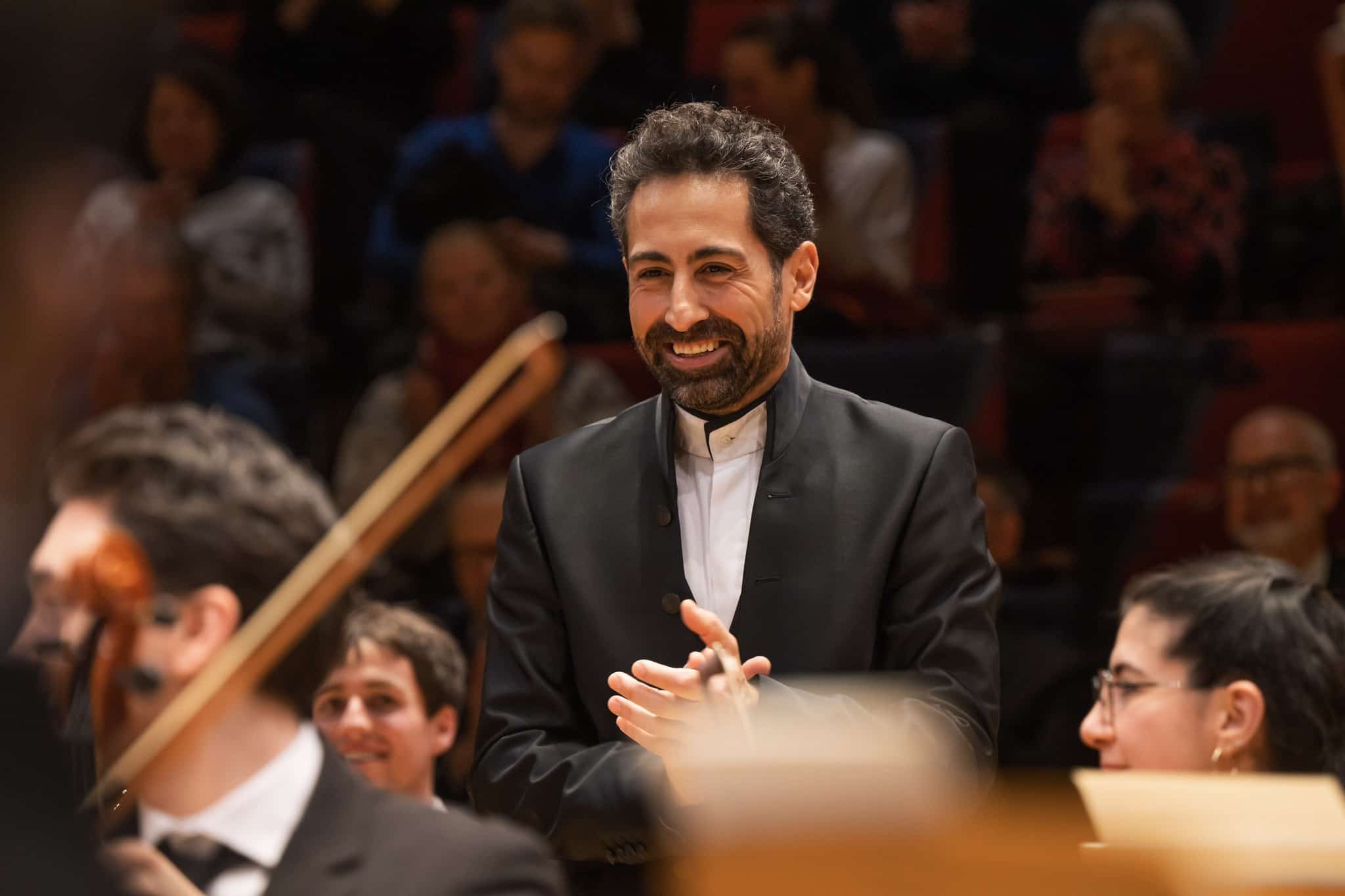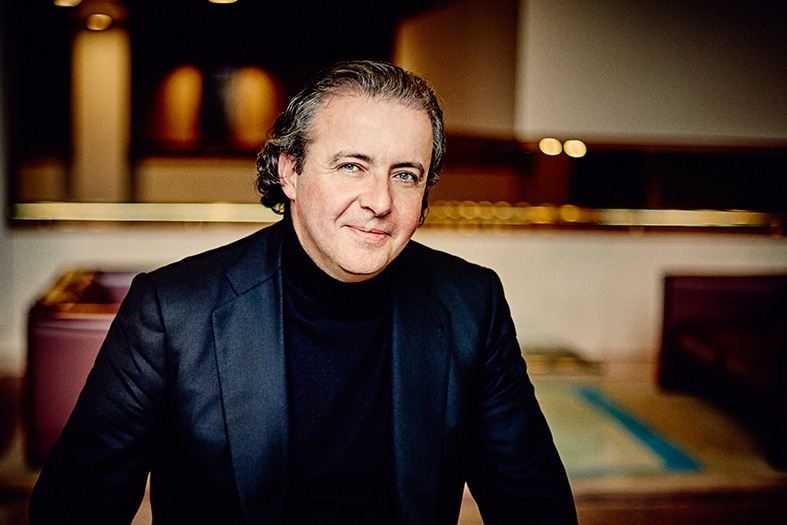Mahler Chambler Orchestra goes on tour – without a note of Mahler's
mainThe much-praised Mahler Chamber Orchestra is heading off to South America for what is billed as ‘a concert and educational tour’. A worthy enterprise, right?
But look at the programmes and you won’t find a single work by Gustav Mahler. It’s all Haydn, Mozart, Schubert and Schnittke’s little jokes – so why give it Mahler branding?
And while we’re talking brand confusion, what right does the MCO have to use Mahler’s name? The only pieces Mahler wrote for chamber orchestra were his contentious expansions of Beethoven and Schubert quartets. Mahler was a symphonist by self-definition, a big-band man. Pinning his name to a petite ensemble is like publishing haikus as Proust Editions.
The MCO is a 1997 idea of Claudio Abbado’s and a group of players from all over Europe who outgrew their youth orchestras. Its music director until 2008 was the excellent Daniel Harding, who is now principal conductor. Among other purposes, the MCO serves as an incubator to young conductors on the rise, the latest being Andrés Orozco-Estrada, 32, a talented Colombian who is leading the LatAm tour. The orchestra is based in Germany and largely paid for by the state of North Rhine-Westphalia.
All well and good. But if the MCO exists to promote the work and ideas of Gustav Mahler, it cannot wrap his name around any old music. Either it declares itself a symphony orchestra and plays Mahler, or it should put its collective heads together and discuss a name change. Touring Mahler without Mahler is counter-educational, all show and no substance.
Or am I missing something?
————–
The press release follows:
Berlin, 29 October 2010 – A special tour takes the Mahler Chamber Orchestra (MCO) to the South American countries Colombia and Brazil in November 2010. Under the baton of Colombian conductor Andrés Orozco-Estrada, the orchestra will prepare a programme with works by Schubert, Mozart, Schittke and Haydn. Haydn’s Cello Concerto No. 1 and Schnittke’s Moz-Art à la Haydn offer MCO musicians Konstantin Pfiz (cello), Gregory Ahss (violin; concertmaster) and Eoin Andersen (violin) a good opportunity to show their soloistic capabilities. The project will be enriched by a concert to benefit youth outreach, open rehearsals for local youth orchestras and diverse educational projects in cooperation with the Brazilian Instituto Baccarelli. The trip begins on 9 November in Bogotá, the capital of Columbia, where the ensemble will meet conductor Andrés Orozco-Estrada for the first time. The first symphonic concert will be played in the newly opened Teatro Mayor Julio Mario Santo Domingo of Bogotá. On the previous evening, the orchestra will present itself in Orozco-Estrada’s birthplace of Medellín with a concert to benefit musical outreach with youth. From Colombia, the tour continues to Brazil, the largest country in South America. Here, the MCO will play a total of 3 concerts in São Paulo. Alongside the concerts, the ensemble will collaborate with the Brazil-based Instituto Baccarelli for the first time. The music school, located in the biggest ghetto in São Paolo, was founded in 1996 as a social project by conductor Silvio Baccarelli. The school’s mission was to give local youth a way out of the vicious cycle of poverty, drugs and violence. By now, the institute has grown greatly, and the two years’ waitlist to get a place at the Baccarelli shows its success. The most famous product of the Instituto Baccarelli is the Sinfônica Heliópolis, which consists of about 80 musicians from different Brazilian cities; it was most recently on tour at the Beethovenfest Bonn and the Munich Gasteig. As part of the cooperation with the Instituto Baccarelli, the musicians of the MCO will give a concert for music students, offer master classes for chamber music and rehearse a symphonic work with the individual instrument groups. The concert tour will end on 18 November with a performance in the Brazilia harbour city Vitória, before the musicians make their way home to Europe. The programme features two symphonic works, Franz Schubert’s 5th Symphony and Wolfgang Amadeus Mozart’s 40th Symphony, which frame two solo works by Joseph Haydn and Alfred Schnittke. Haydn’s Cello Concerto No. 1 is famed for its virtuosic yet melodic solo part, which will be performed on this tour by Principal Cello and MCO founding member Konstantin Pfiz. Schnittke’s Moz-Art à la Haydn, one of the composer’s most popular works, follows Haydn. This “game with music for 2 violins, 2 small string orchestras, double bass and conductor” makes a winking reference to the Salzburg Wunderkind Mozart and offers violinists Gregory Ahss and Eoin Andersen an opportunity to demonstrate their soloistic capabilities. Print-ready photo material is available in the press area of the MCO website: Programme and cast:
11 November, 8 pm, Teatro Metropolitano José Gutiérrez Gómez, Medellín 12 November, Teatro Mayor Julio Mario Santo Domingo, Bogotá
14 November, Sala São Paulo, São Paulo 18 November, Teatro Carlos Gomes, Vitória |
|||||||||||||





Yes, I think you are missing something, or have missed something out. The youth orchestra(s) to which you refer was chiefly the Gustav Mahler Youth Orchestra. Simples.
Well, how much work does the Miro Quartet do for Miro? (or the Modigliano or the Kandinsky) Indirectly, plenty; directly, little to none. Are you going to complain about that, too?
And the Marian Anderson? They do a great deal to promote the cause of African-American women in music, but given the absence of vocal music from their repertoire, perhaps they should rebrand?
Orpheus’s programming really seems lacking on the Greek mythology side.
Besides, the “Gustav Mahler Symphony Orchestra” would be a reasonable name for virtually any large orchestra in this Mahler-inundated day, if names should come so directly from programs. Many central European conservatories take their names from composers of varying statures: Mendelssohn, Weber, Schumann, Eisler, Liszt, Mozart. Russia, too: Rimksy-Korsakov, Tchaikovsky. These names are not random, but neither are they organizing principles to which institutions should bind themselves. Sorry to be so sarcastic, but you’ve made quite a production of the MCO’s name without knowing that it’s an offshoot of the Gustav Mahler Jugendorchester and without really giving the issue of naming much consideration. A little circumspection, please.
Fair enough then in regards to why this chamber orchestra is named after a composer who wrote practically nothing for such an ensemble. Still, I’ve always found the name to be comically oxymoronic. I wonder if there are any opera companies out there willing to name themselves after Charles Valentin Alkan?
This gives me an idea.
The Satie Symphony Orchestra.
NL replies: Known as ‘Les Grands Vexations’.
I just can underline and agree to the above comments of Gustav and of fiddler, and may add two other examples: LaSalle Quartet and Alban Berg Quartet. Would you blame the ABQ that they mostly didn’t play works of Berg in their concerts ?
Dear Mr Lebrecht,
I shall not comment on the touring or the programming of the Mahler Chamber Orchestra (MCO), but it is true that it was founded by former members of the Gustav Mahler Jugendorchester (GMJO) in 1997 (which is often being referred to as “The Mahler Orchestra” or “La Mahler”) – just like the Chamber Orchestra of Europe was formed out of the European Union (then Community) Youth Orchestra or the Deutsche Kammerphilharmonie was formed out of the Junge Deutsche Philharmonie.
I think it is a bit harsh to criticize the Mahler Chamber Orchestra for (obviously) not being able to bring large-scale symphonic works by Gustav Mahler on tour all the time. When a name for the newly founded chamber orchestra was to be decided upon, the Gustav Mahler Jugendorchester (guess why the GMJO was named after Gustav Mahler in 1987? Because Gustav Mahler was probably the best and most noble symbol for an orchestra that intended to overcome – then – existing political barriers in Europe by inviting young musicians from the countries in which Gustav Mahler worked as Kapellmeister) regarded their intention to be named after their “bigger sister”, the GMJO, as a compliment to its continuous and successful work, and I think there is no need to fear any brand confusion.
As a little “remedy”, please do refer to the GMJO website http://www.gmjo.at soon, where you will find within shortly the details on the Easter Tour 2011 that is dedicated ONLY to works of Gustav Mahler, with eminent artists such as Philippe Jordan and Thomas Hampson (with whom – and Mahler! – the GMJO had been on tour in South America in 2007).
By the way, there is also an “International Mahler Orchestra” in London that was founded a couple of years ago – and whilst its founder and permanent conductor obviously has a relationship with Mahler, the sheer number of musicians does not allow to perform much Mahler either. And at the time of the foundation of this orchestra in 2006, there were already two successful “Mahler Orchestras” in the market, the GMJO and the MCO. Honi soit qui mal y pense…
With kind regards
Alexander Meraviglia-Crivelli
Secretary General
Gustav Mahler Jugendorchester